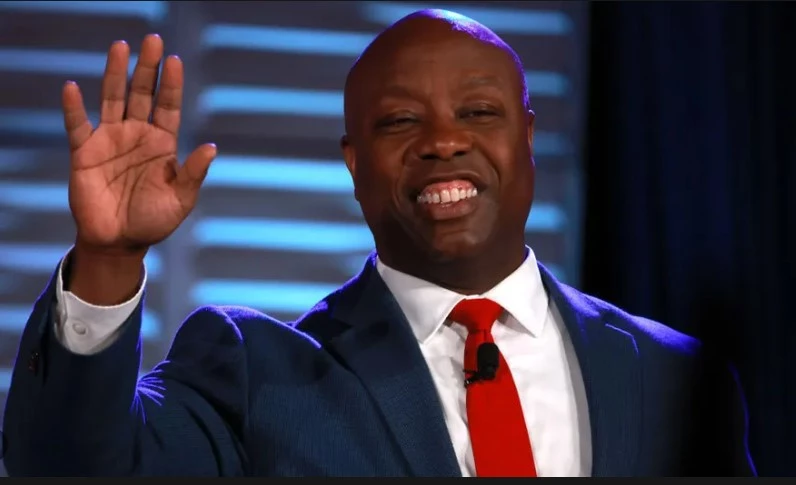Republican Tim Scott withdraws from US presidential race

Stay tuned with 24 News HD Android App

US Senator Tim Scott announced Sunday that he is withdrawing from the US presidential race, saying voters had given him a clear message of "not now."
The South Carolina lawmaker, who was running to become the first Black Republican president, had been struggling to rise above the pack in the party's crowded field.
Polling in sixth place among Republican primary candidates, the 58-year-old had only 2.5 percent of the vote, according to the RealClearPolitics average of recent major opinion polls.
"I am suspending my campaign. I think the voters who are the most remarkable people on the planet have been really clear that they’re telling me: 'Not now Tim,'" he told the Fox News program "Sunday Night in America."
Scott officially announced he was running for the Republican nomination in May after spending months visiting the states considered crucial to gaining early momentum in the contest.
During his campaign he frequently underlined his Christian faith and the conservative values he learned growing up in a poor, single-parent household.
Scott was one of five Republicans appearing in the third televised Republican debate last Wednesday as challengers for the party's nomination sparred over Ukraine, China, abortion and the future path of the party.
Notably absent from the stage was former president Donald Trump, who is leading the field by leaps and bounds with 58.5 percent of the vote, according to RealClearPolitics.
Scott said he had no interest in becoming a running mate to any of the remaining candidates.
"Being vice president has never been on my to-do list for this campaign, and it's certainly not there now."
He also stopped short of throwing his support behind any of the remaining contenders.
"I'm going to recommend that the voters study each candidate and their candidacies and frankly their past and make the best decision for the future of their country," he said.
"The best way for me to be helpful is not weigh in on who they should endorse."
